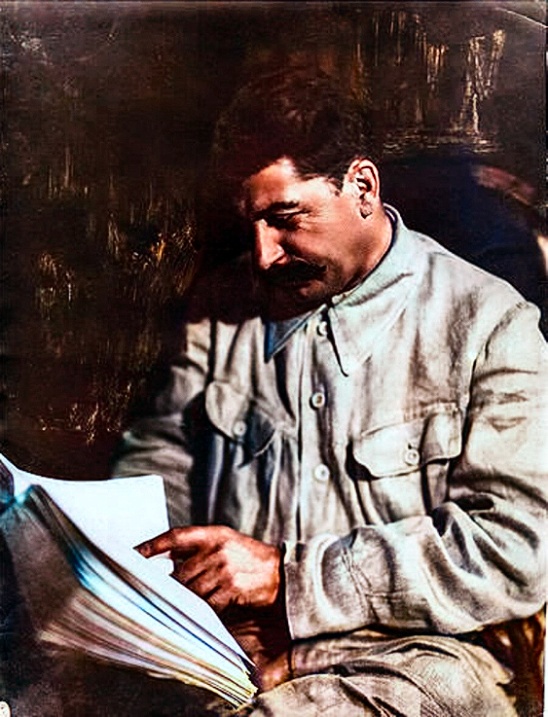TLDW
Resource-based economies control the essential raw materials needed for manufacturing and high-tech industries. This gives them leverage over nations that rely on these resources. China’s dominance in gallium production is a great example as it’s essential for making advanced semiconductors.
Real power resides at the top of supply chains, where raw materials originate. Controlling these resources allows countries to dictate terms and disrupt industries further down the chain.
Sanctions enacted by higher-level supply chain economies often fail because resource-based economies can retaliate by restricting access to essential raw materials. This renders sanctions ineffective and can even harm the sanctioning nation’s economy.
BRICS economies, who control many of the essential resources, will continue to develop domestic industries to process and utilize their own resources. Doing so reduces reliance on imports and creates new economic opportunities.
Access to critical raw materials provides a significant advantage in developing and manufacturing key technologies like semiconductors, telecom equipment, and renewable energy systems. This ultimately leads to technological leadership and economic dominance in those sectors as we’re seeing happening with China.
Economies higher up the supply chain become vulnerable to disruptions and price fluctuations caused by resource-based economies. This dependence weakens their negotiating power and hinder their economic growth in the long run.
I always thought one of the unspoken implications of being an economy focused on finished goods/value added processing was total dominance (militarism/colonialism/neocolonialism) of raw material producing communities. a firm grip on their political economy, swift retaliation against liberator/insurrectionary/reform movements, regime change, purpose-driven underdevelopment, etc.
it seems like somewhere along the way, the administrators of empire began to see the MIC as more of a direct giveaway to capital formations rather than a useful tool to be maintained. this is apparently how the first Dutch colonial projects failed too: the capital formations saw the enforcement arm as not-critical and cannibalized it then lost their heavy stick to subdue restive populations.
its like they came to believe the public PR face of capitalist logic: people will let me extract value because I “own” these resources, not because my ownership is backed by the capacity for incredible violence.
It’s similar to so many other issues we have. Originally the people in charge knew they were lying. The new generation of leaders grew up absorbing the lies meant for the general public, and now it’s all run by true believers who’ve lost sight of the fact that none of it was true.
This seems so obvious just by considering the timescale factor.
Give me 10 years and I can build you a new Luxembourg based on raw paper manipulation and arbitrage.
Give me fifty and I can build another Puppet Korea, based on modern manufacturing.
But it will take 200 million years to build a new Venezuela, based on resource extraction. You simply can’t write a five-year plan and expect oil or lithium to listen. OTOH, that means there’s a much stronger motivation for conquest from abroad.
This seems so obvious just by considering the timescale factor.
in the flip side: it’s gives further impetus for a certain countries with massive military’s and extremely deeps pockets to take action.
You say “resource-based economy” and all that registers on my end is a dogwhistle for communism.
I found a YouTube link in your post. Here are links to the same video on alternative frontends that protect your privacy:





